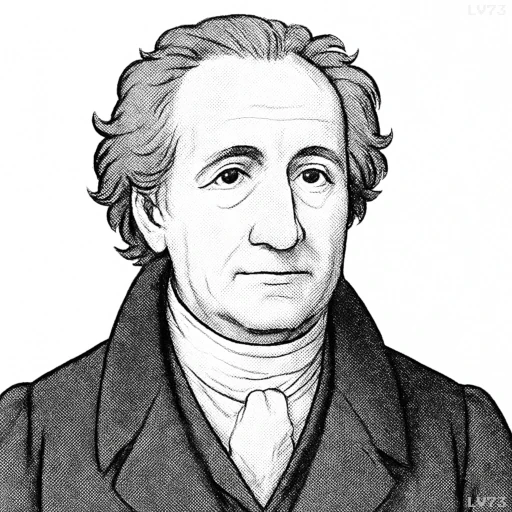“For just when ideas fail, a word comes in to save the situation.”

- August 28, 1749 – March 22, 1832
- German
- Poet, playwright, novelist, philosopher, politician
table of contents
Quote
“For just when ideas fail, a word comes in to save the situation.”
Explanation
Goethe highlights the power of language and communication, suggesting that when ideas become unclear or solutions seem out of reach, a single word or phrase can often offer clarity, spark new thoughts, or change the course of a conversation. This speaks to the creative power of words—how they can inspire, transform, and provide direction even when other avenues seem closed. A well-chosen word or expression can bring resolution or insight, stepping in when logic or reasoning alone might not be enough.
Historically, this idea reflects the significance placed on rhetoric and the art of language during Goethe’s time. As a writer and poet, he understood that language has the power to transcend limitations and provide solutions, whether in literature, philosophy, or everyday communication. Words have the ability to frame situations and shift perspectives, often helping individuals see things in a new light.
In modern contexts, this concept is especially relevant in fields like leadership, negotiation, and therapy, where effective communication can often resolve conflicts or bring understanding in moments of uncertainty. For instance, a leader who can express a difficult truth with clarity or a therapist who chooses the right words at the right moment can help a person break through confusion or emotional blockages.
Goethe’s quote reminds us that in moments of doubt or confusion, a single word, carefully chosen, can illuminate the way forward and bring solutions when everything else seems to fall short. It speaks to the power of language to guide, heal, and transform.
Would you like to share your impressions or related stories about this quote in the comments section?


